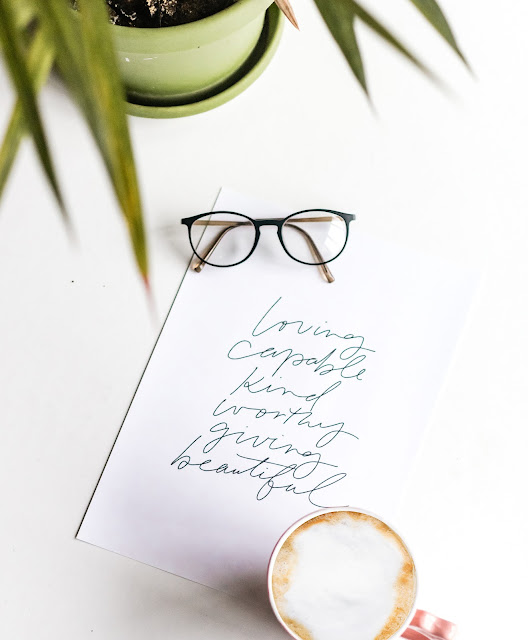Don't Wait to Downsize
Maybe you're like me, and you've helped a newly-widowed parent pack up and sell their home.
You've spent days (maybe even weeks) going through drawers and closets and boxes full of stuff, deciding what to do with old books, papers, paintings, furniture, towels, knickknacks, DVDs (or even VHS tapes), dishes, mementos, small appliances, tools, and more.
You've had to decide what to give away, what to sell, what to throw away, and what to remove to a new dwelling that is half or a quarter of the size of the home they're leaving.
And you've had to do all of this while your grieving parent turned their focus from their lost spouse to the often dusty and unused possessions they're losing. Instead of using their time and energy to begin to recover and move on to what is left of their own life, they're worrying about the loss of their belongings. My mother said she felt like she was losing everything.
And then a few years later, when that parent dies, you go through the process all over again. This time you're dealing with your own feelings as a newly-orphaned adult, and you have a bit more understanding of how your parent felt. All of those tangible reminders, those physical possessions, seem so poignant.
Can you part with them, or does it feel like you're losing everything?
Fortunately, by the time my mother passed away, I had a lot of minimalist habits in place, and I wasn't very tempted to keep her stuff. I didn't need to transport or store anything.
After all, she and my dad had already given me a great legacy: happy memories, life lessons, and plenty of love.
What kind of legacy will you leave?
Decluttering has become a global trend in affluent countries, led by advocates like Marie Kondo,* Peter Walsh, and Joshua Becker. There's also the "gentle art" of Swedish death cleaning, which is the process of mindfully clearing out one's own possessions before others have to do it for you.
* This blog is reader-supported. If you buy through my links, I may earn a small commission.
Many of us live in homes that hold far too much, and we find it hard to declutter unless and until something forces us to do so. But downsizing in distress, because of illness, financial difficulty, natural disaster, or death, is even more difficult.
To me, it makes better sense to remove the excess and live in something smaller long before the inevitable happens. I don't want to be surrounded by a bunch of useless stuff when I die.
There are some things I need because I use them every day, week, or month. I have to bathe and dress, after all. I have to cook and eat. I need a bed, a table, and a comfortable chair. There are a few books, photos, and pieces of art that make me happy. I have a couple of hobbies.
But I can live comfortably, lightly, enjoyably without a huge number of possessions. And it's likely that you can too. No matter what your age, it might be time to consider death cleaning.
And consider your legacy. It's not a house, or furniture, or cars, or collections, or a storage unit full of boxes. Your legacy is your talents and accomplishments, your humor, your wisdom, your compassion and love.
What kind of life do you need to live in order for people to remember the things you want them to remember about you?
Related article: Why You Need to Start Death Cleaning Today
Updated April 2023






Comments
Post a Comment